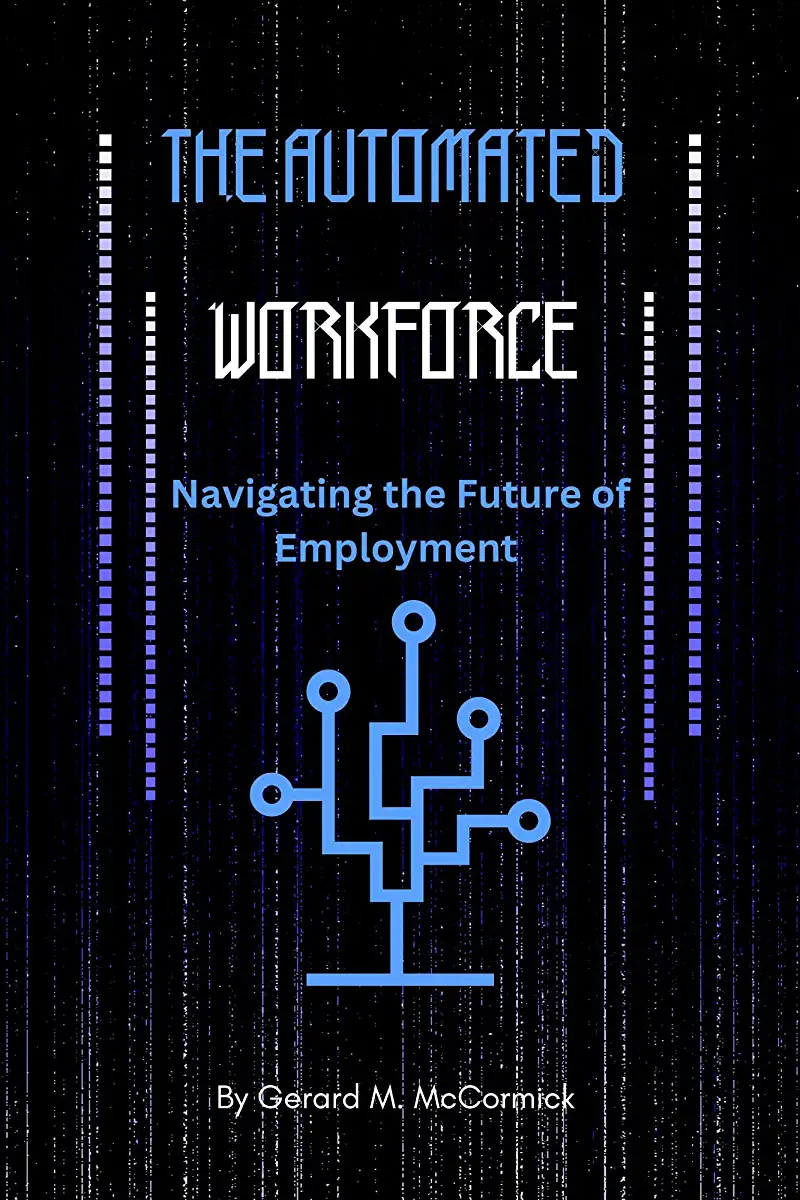
The Future of Employment- How Susceptible Are Jobs to Computerisation? by Carl Benedikt Frey and Michael A. Osborne
The Future of Employment: How Susceptible Are Jobs to Computerisation?
By Carl Benedikt Frey and Michael A. Osborne
Introduction
In the past few decades, technological advancements have rapidly transformed the world of work. From self-driving cars to automated customer service, machines are increasingly taking over tasks that were once exclusively performed by humans. This trend is only expected to accelerate in the coming years, with experts predicting that up to 47% of jobs in the United States are at high risk of being automated by the mid-2030s.
In their groundbreaking book, "The Future of Employment: How Susceptible Are Jobs to Computerisation?", Carl Benedikt Frey and Michael A. Osborne provide a comprehensive analysis of the impact of technology on the job market. Drawing on extensive research and data, they argue that the rise of automation is not just a threat to low-skilled workers, but also to many middle-class jobs that have traditionally been considered safe from automation.
Key Findings
Frey and Osborne's research reveals several key findings about the future of employment:
- Automation is not just a threat to low-skilled workers. While it is true that jobs that involve routine and predictable tasks are most at risk of automation, many middle-class jobs that require higher levels of skill and education are also vulnerable. This includes jobs such as accountants, lawyers, and even doctors.
- The impact of automation will vary across industries. Some industries, such as manufacturing and transportation, are more likely to be affected by automation than others. However, no industry is immune to the threat of automation.
- The pace of automation is accelerating. The rate at which jobs are being automated is increasing, and this trend is expected to continue in the coming years. This means that even jobs that are currently considered safe from automation may be at risk in the future.
Implications for the Future of Work
The rise of automation has profound implications for the future of work. Frey and Osborne argue that we need to rethink the way we think about work and education. They propose several policy recommendations to help workers adapt to the changing job market, including:
- Investing in education and training. Workers need to be equipped with the skills that are in demand in the automated economy. This means investing in education and training programs that focus on developing skills such as critical thinking, problem-solving, and creativity.
- Promoting lifelong learning. The pace of technological change is so rapid that workers need to be constantly learning new skills in order to stay relevant in the job market. This means promoting lifelong learning and encouraging workers to take advantage of opportunities for professional development.
- Creating new jobs. Automation will inevitably lead to job losses, but it will also create new jobs. We need to invest in new industries and technologies that can create jobs for displaced workers.
Conclusion
"The Future of Employment: How Susceptible Are Jobs to Computerisation?" is a must-read for anyone who is interested in the future of work. Frey and Osborne provide a clear-eyed and thought-provoking analysis of the impact of automation on the job market. Their book is a wake-up call to policymakers, educators, and workers alike. We need to start preparing for the future of work today, or we will be left behind.